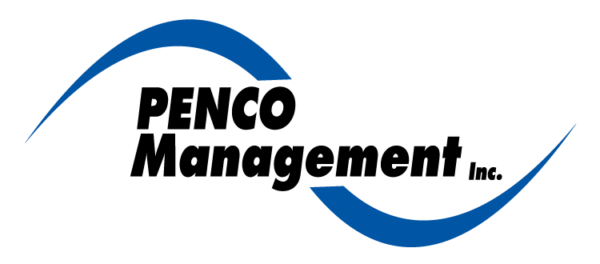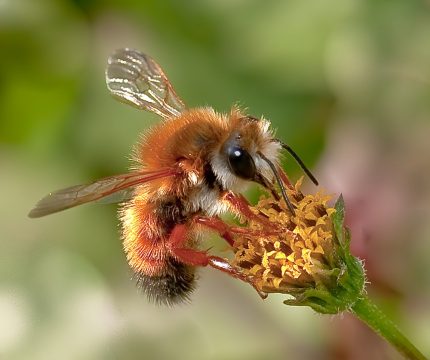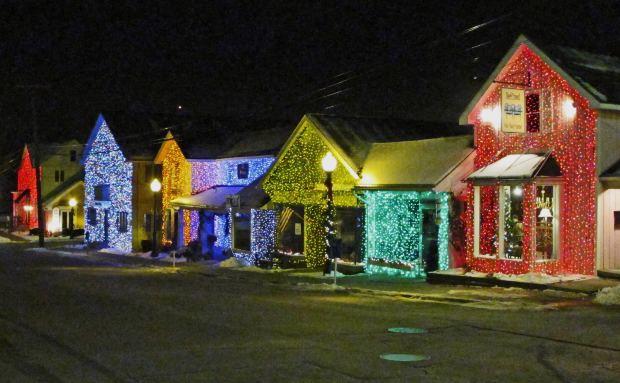Bees & Wasps in Your Community Association
The Roles of Bees and Wasps in Community Associations During the warmer months in the Delaware Valley many residents in Community Associations will notice the proliferation of bees and wasps in the landscape beds and common areas. What many residents may not know is that some of these insects, particularly certain species of bees or …






